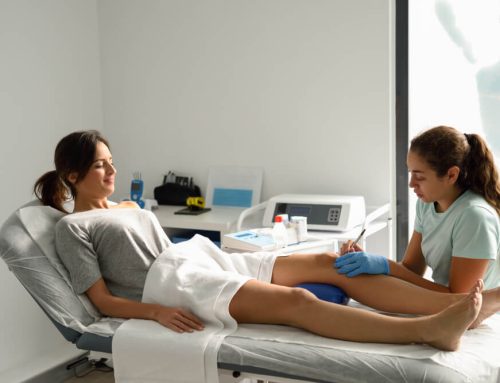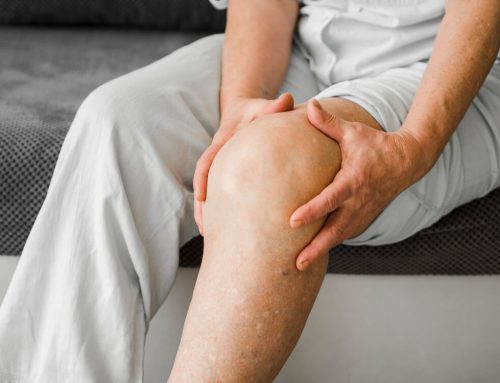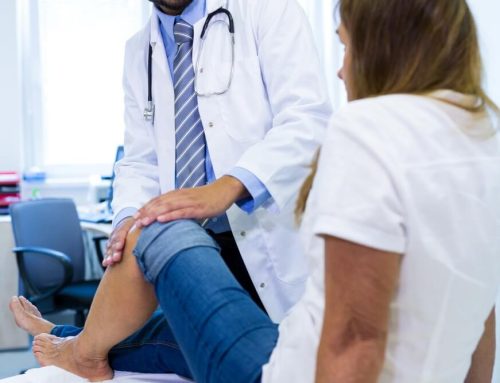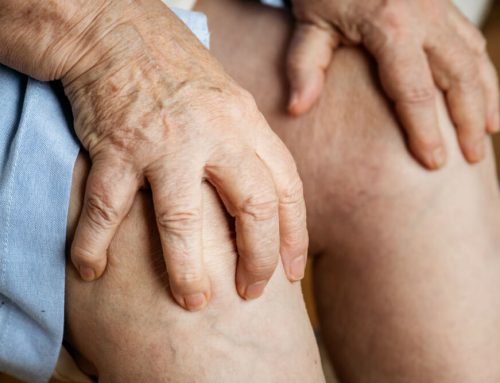Varicose veins, those swollen and twisted veins often seen on the legs, can be uncomfortable and unsightly. While medical treatments like sclerotherapy and laser therapy are practical solutions, natural remedies can complement these treatments and promote overall venous health. In this article, we’ll explore various natural remedies, including dietary choices, herbal supplements, exercises, and more, to enhance the effectiveness of varicose vein treatments. We’ll also discuss the role of compression stockings and elevation while highlighting the importance of medical intervention when necessary.
The Importance of Natural Remedies
Natural remedies can be a valuable addition to your varicose vein treatment plan for several reasons:
- Symptom Relief: Natural remedies can help alleviate the discomfort and symptoms associated with varicose veins, such as pain, swelling, and leg cramps.
- Prevention: Some natural remedies can reduce the risk of developing new varicose veins and help maintain overall venous health.
- Complementary Care: Natural remedies can work alongside medical treatments to enhance effectiveness and support long-term vein health.
Dietary Choices for Venous Health
A balanced diet is crucial in maintaining healthy veins and blood circulation. Here are some dietary choices that can complement varicose vein treatments:
- High-Fiber Foods: Fiber-rich foods like whole grains, fruits, and vegetables can help prevent constipation, which can worsen varicose vein symptoms. A healthy digestive system reduces abdominal pressure, easing pressure on leg veins.
- Antioxidant-rich foods: Foods high in antioxidants, such as berries, citrus fruits, and dark leafy greens, can strengthen vein walls and improve blood flow. Antioxidants combat oxidative stress, which may contribute to vein damage.
- Foods with Omega-3 Fatty Acids: Omega-3 fatty acids, found in fatty fish like salmon and mackerel, walnuts, and flaxseeds, have anti-inflammatory properties and promote healthy blood circulation.
- Hydration: Staying well-hydrated helps maintain blood volume and prevent the blood from thickening, reducing the strain on veins. Aim for at least eight glasses of water a day.
Herbal Supplements for Venous Health
Herbal supplements can provide additional support for venous health. However, it’s essential to consult a healthcare provider before taking new supplements, especially if you are on medication or have underlying health conditions. Some herbal supplements that may benefit venous health include:
- Horse Chestnut Extract: Horse chestnut extract is commonly used in Europe to treat chronic venous insufficiency (CVI) and varicose veins. It has anti-inflammatory properties and can improve blood circulation.
- Butcher’s Broom: Butcher’s broom is known for its potential to strengthen blood vessel walls and reduce inflammation. It may help relieve symptoms like swelling and cramping.
- Gotu Kola: Gotu kola is an herb believed to enhance collagen production, improving the elasticity of blood vessels and reducing the risk of vein damage.
- Grape Seed Extract: Grape seed extract contains antioxidants that protect blood vessels from damage and improve overall circulation.
Exercises for Venous Health
Regular exercise is essential for maintaining venous health. It helps improve blood circulation, strengthen leg muscles, and reduce the risk of developing new varicose veins. Here are some exercises that can complement varicose vein treatments:
- Walking: Walking is a low-impact exercise that encourages blood flow in the legs. Aim for at least 30 minutes of brisk walking most days of the week.
- Leg Elevation: Lying down with your legs above the heart level for 15-20 minutes a few times daily can help reduce swelling and alleviate discomfort.
- Calf Raises: Calf raises involve lifting your heels off the ground while keeping your toes on the floor. This exercise can strengthen calf muscles and promote blood circulation in the lower legs.
- Ankle Flexing: Flexing your ankles by moving them up and down can encourage blood flow and prevent blood from pooling in the calf muscles.
Compression Stockings and Elevation
While natural remedies can provide relief and support venous health, the use of compression stockings and leg elevation remains essential components of varicose vein management:
- Compression Stockings: Compression stockings apply pressure to the legs, helping to improve blood circulation and prevent blood from pooling in the veins. They can provide significant relief from varicose vein symptoms and are often recommended by healthcare providers.
- Leg Elevation: Elevating your legs above heart level, especially when resting, reduces the pressure on the veins and helps alleviate swelling and discomfort. It’s a simple yet effective practice for managing varicose veins.
Limitations of Natural Remedies and the Role of Medical Intervention
While natural remedies can be valuable in promoting venous health and symptom relief, they have limitations. Natural remedies alone may not eliminate varicose veins or address underlying vein issues. It’s essential to understand that:
Natural remedies are complementary: They work alongside medical treatments but are not substitutes for them.
Severity matters: For severe varicose veins or when complications arise, medical intervention such as sclerotherapy, endovenous laser therapy (EVLT), or surgery may be necessary.
Consult a healthcare provider: Always consult with a healthcare provider to determine the most suitable treatment plan for your condition. They can assess the severity of your varicose veins and recommend appropriate interventions.
Conclusion
Natural remedies, including dietary choices, herbal supplements, and exercises, can complement varicose vein treatments by relieving symptoms and supporting overall venous health. However, it’s crucial to recognize their limitations and the importance of medical intervention when varicose veins are severe or complicated. Consult with a healthcare provider to create a comprehensive treatment plan that combines natural remedies with medical treatments for the best results. By taking a holistic approach to venous health, you can effectively manage varicose veins and enjoy improved leg comfort and well-being.





